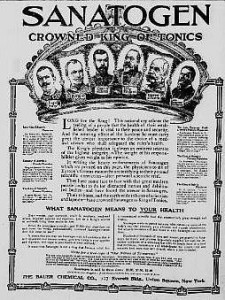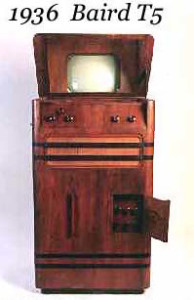In recent years much has been predicted concerning the demise of movie theatres as a result of the popularity of streaming. Why, it is argued, would cinemagoers make the effort and pay money to visit a movie theatre when they could sit at home and watch the film on their TV screen through something like a Netflix subscription ?

Back in fifties America, long before the Internet was even thought of and movies weren’t available to hire or buy, our man in America, Alistair Cooke, was voicing the fears of many movie makers who saw TV as their most dangerous rival. In a broadcast dated 10th June 1954 and afterwards published in the Listener, Cooke pointed out that since 1950:
’… the paying audience for movies has been going steadily —at first violently– down. It is now down by about thirty per cent….fewer and fewer people are going to the movies. This in as four year period in which the national income is higher, the number of people in jobs greater, than at any period in American history…’
The effect on Hollywood, according to Cooke, was devastating. The fifty or sixty big-time stars remained unaffected, but the bit players and others employed in the movie industry were certainly victims of the down turn:
‘… Feature players who have been doing nicely for ten, or even twenty, years suddenly do not appear any more. There is a lot of doubling up of casts, and economical commuting of actors between studios. About fifty per cent of the writers on long-term contracts have been fired, and there had been a general paring-down of technical crews, and rehearsal time , and costs….’
Movie makers were loathe to admit that TV was the villain of the piece, but everyone in the industry knew the truth. And everyone who drove around the States could identify how the landscape was changing due to the mushrooming of the new medium.
Continue reading

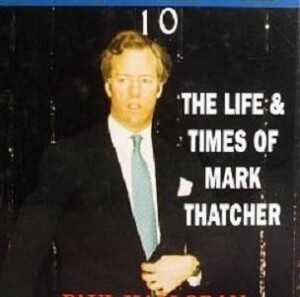
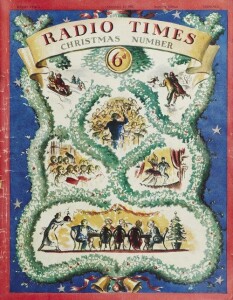

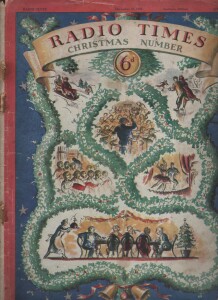
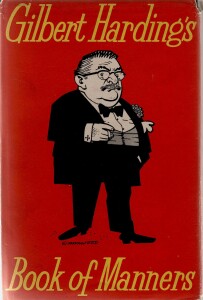 The recent sudden fall from grace of Tudor historian and broadcaster David Starkey over his remarks on the Black Lives Matter campaign recalls to mind another broadcaster of an earlier decade whose detractors also dubbed him ‘ the rudest man in Britain’—Gilbert Harding. This shared reputation comes to mind as we discovered a copy at Jot HQ of the very funny and often wise treatise on good behaviour, Gilbert Harding’s Book of Manners(1956).
The recent sudden fall from grace of Tudor historian and broadcaster David Starkey over his remarks on the Black Lives Matter campaign recalls to mind another broadcaster of an earlier decade whose detractors also dubbed him ‘ the rudest man in Britain’—Gilbert Harding. This shared reputation comes to mind as we discovered a copy at Jot HQ of the very funny and often wise treatise on good behaviour, Gilbert Harding’s Book of Manners(1956).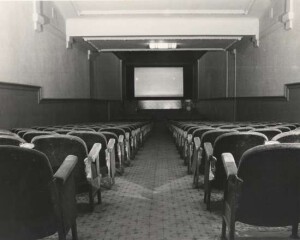
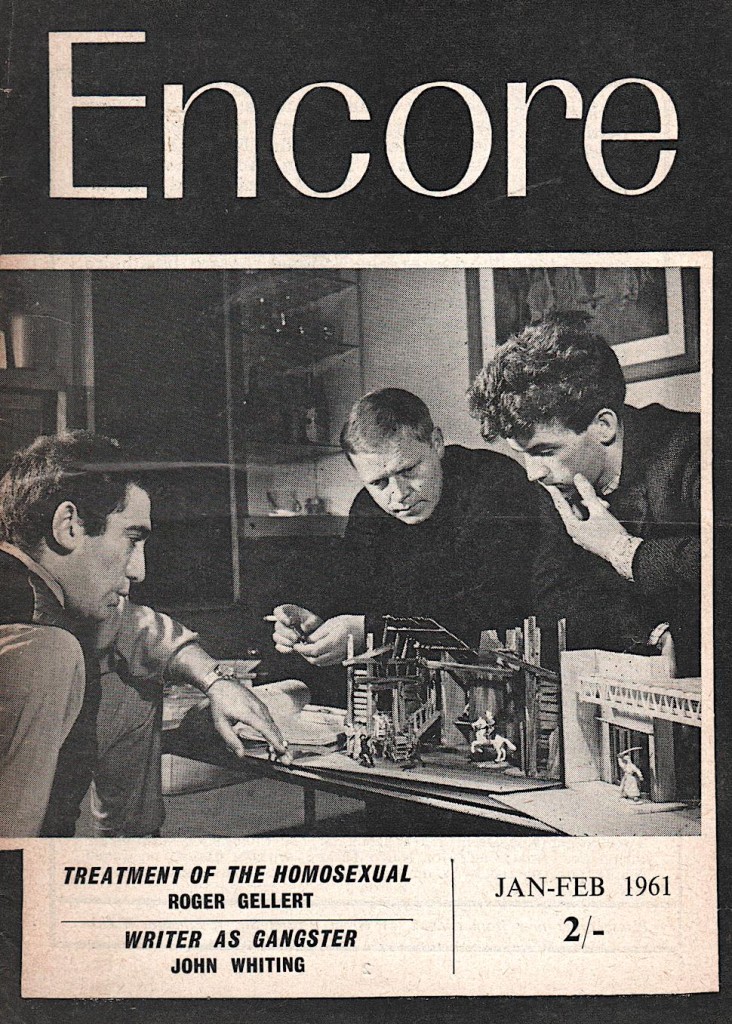 Six years before homosexual acts between consenting adults were legalised Encore, the ‘little magazine’ devoted to contemporary theatre, published in Jan-Feb 1961, a perceptive item by ‘Roger Gellert’ entitled ‘A Survey of the Treatment of the Homosexual in some plays’. Gellert was the pseudonym of the one-time Third Programme announcer John Holmstrom, who left the BBC to become a playwright and theatre critic, only to return as an announcer on Radio Three and a contributor to Test Match Special.
Six years before homosexual acts between consenting adults were legalised Encore, the ‘little magazine’ devoted to contemporary theatre, published in Jan-Feb 1961, a perceptive item by ‘Roger Gellert’ entitled ‘A Survey of the Treatment of the Homosexual in some plays’. Gellert was the pseudonym of the one-time Third Programme announcer John Holmstrom, who left the BBC to become a playwright and theatre critic, only to return as an announcer on Radio Three and a contributor to Test Match Special.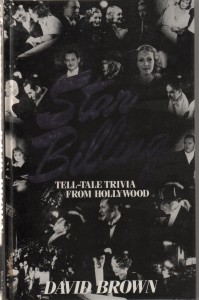
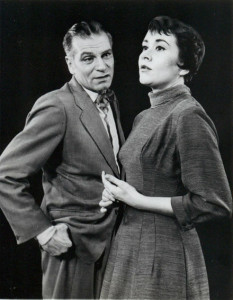
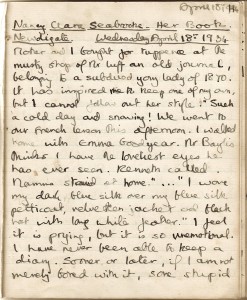
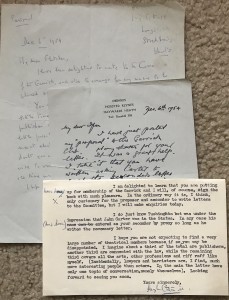
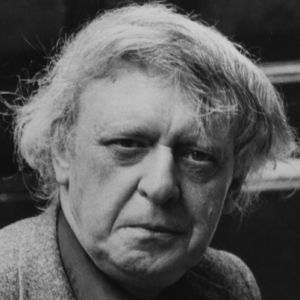
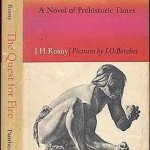 La Guerre du Feu, an early fantasy novel, probably written by Joseph Henri Honore Boex (1856 – 1940), one of two Belgian brothers who often wrote fiction together under the pseudonym J.H Rosny-Aine. was published in 1911 by the Bibliotheque-Charpentier in Paris. It is said to have been first translated into English by Harold Talbott in 1967. If this is true, it is odd that the acclaimed journalist and translator Eric Mosbacher in his note of 8.5.1979 ( shown) stated that this ‘ remarkably uninspired story’ was ‘ totally undeserving of translation ‘ and that the Souvenir Press should decline it. It is possible, of course, that a translation into a language other than English was proposed. Mosbacher translated from French, Italian and German.
La Guerre du Feu, an early fantasy novel, probably written by Joseph Henri Honore Boex (1856 – 1940), one of two Belgian brothers who often wrote fiction together under the pseudonym J.H Rosny-Aine. was published in 1911 by the Bibliotheque-Charpentier in Paris. It is said to have been first translated into English by Harold Talbott in 1967. If this is true, it is odd that the acclaimed journalist and translator Eric Mosbacher in his note of 8.5.1979 ( shown) stated that this ‘ remarkably uninspired story’ was ‘ totally undeserving of translation ‘ and that the Souvenir Press should decline it. It is possible, of course, that a translation into a language other than English was proposed. Mosbacher translated from French, Italian and German.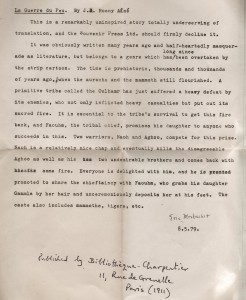
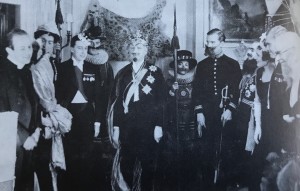
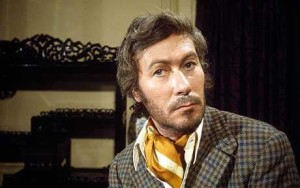 Found, a letter dated 6th December 1990 from someone called Rudi to the playwright John Osborne, whom he addresses as ‘ Colonel’, presumably a reference to Colonel Redl, the protagonist of Osborne’s controversial play A Patriot For Me (1965).
Found, a letter dated 6th December 1990 from someone called Rudi to the playwright John Osborne, whom he addresses as ‘ Colonel’, presumably a reference to Colonel Redl, the protagonist of Osborne’s controversial play A Patriot For Me (1965).